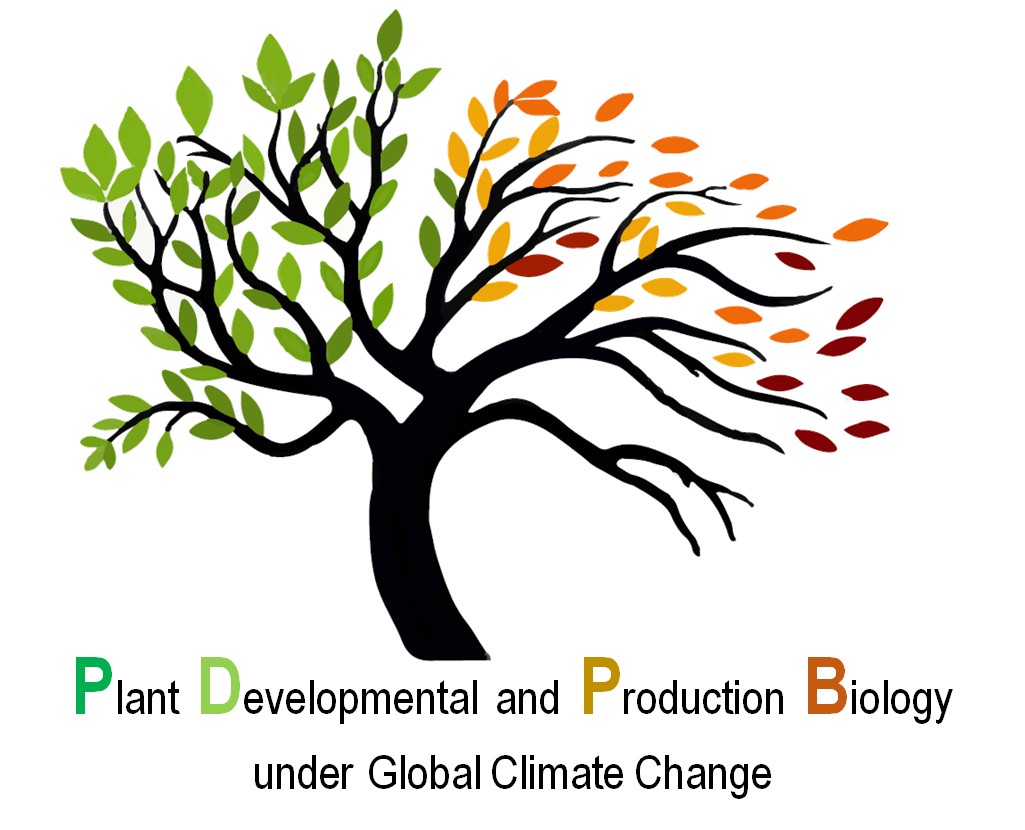| |
|
Thermomorphogenesis during seed development In Arabidopsis and Brassica napus |
| |
|
Sánchez López J F [a], Mácová K [a, b], Jedličková V [a], Sochová L [a], Pátková L [a], Štefková M [a], Robert Boisivon H [a]
|
| |
|
|
| |
|
[a] Hormonal Crosstalk in Plant Development, CEITEC - Masaryk University, Brno, Czech Republic
[b] Laboratory Functional Genomics and Proteomics (FGP)-National Centre for Biomolecular Research (NCBR), Faculty of Science, Masaryk University, Brno, Czech Republic
|
| |
|
|
| |
|
Seed production is an essential step of flowering plant life cycle. This step is the most sensitive to changes in ambient temperatures. In the past decades, consequently to the climate changes, the average annual ambient temperatures have arisen. High ambient temperatures shorten the life cycles of many crops, reducing their grain yield. Elevated temperatures during the growth of flowering plants limit seed production by impairing fertilization, embryo and seed development and grain filling. We determined the heat-induced changes at phenotypical level in flowering Arabidopsis thaliana and Brassica napus, an oilseed crop widely cultivated in Europe. In our high-temperature growth conditions, common features were observed in the two species, related to growth speed of the seeds and morphogenesis defects of the embryos. Auxin and cytokinin are two hormones involved in the regulation of plant development, including the correct development of seedpod, ovule, seed and embryo. We aim to dissect the temperature-induced responses in seeds mediated by the regulation of hormone homeostasis.
|
| |
|
|
| |
|
This work has received funding from Czech Science Foundation (19-05200S) and from European Regional Development Fund-Project “SINGING PLANT” (No. CZ.02.1.01/0.0/0.0/16_026/0008446). |
|

